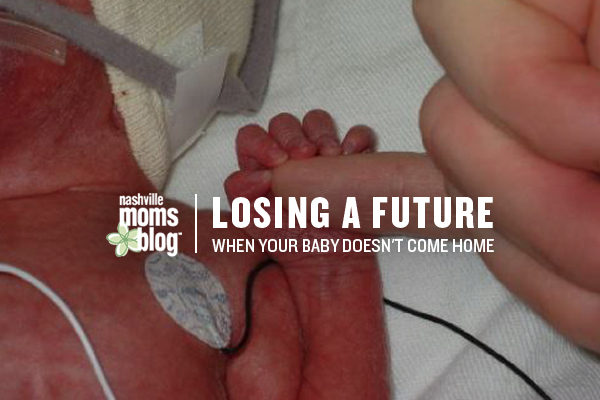“Mommy Williams, you have visitors.” When you are in the NICU, those are exciting words to hear. Our first child was born at gestational 30 weeks. Premature, but in a range of development that usually has good outcomes even though a NICU (Neonatal Intensive Care Unit) stay is required to encourage weight gain and to assess that other gestational development markers are being met before the baby goes home.
The visitors that day were friends—the wife a pregnancy buddy. We have known each other for years and were excited to have due dates within weeks of each other; hers was in late February, mine early April. So to be standing together the last week of January in the NICU was not part of our plan as friends or as parents.
The few weeks we spent as NICU parents were weeks of extreme up and down emotions. It had been an uneventful pregnancy. Initially, everything seemed to be going well, so within forty-eight hours, we were transitioned from the highest level care room to the next step down. Breathing on his own, maintaining his body temperature, and eating were early challenges he conquered easily. Again, a few days of smooth progress, and we went to the infant PICU (Pediatric Intensive Care Unit). As the nurses cared for our child, we worked to sort out the logistics of bringing home a baby that would need additional monitoring. After a week in the PICU, his feedings became more challenging. He wasn’t having the diaper output that was expected, and a diagnosis of NEC was discovered. This meant we went back to the NICU so he could be more closely cared for and have access to daily babygrams (infant full body x-ray services that are done bed side). We had conferences with the neonatology team discussing the possibility of surgical repair of the area that was most damaged by NEC. Topics included what this would mean for his ability to absorb nutrients, what the growth challenges would be as he aged, and how short gut syndrome would alter how he would develop. The next babygram showed further damage—too extensive to be repaired. We started making airline reservations for grandparents. Three of our parents were able to come and hold him before he died due to complications of prematurity.
Several groups exist across the country to support families as they navigate the often overwhelming NICU experience. The amazing team of volunteers through Parents Reaching Out visit families at several Nashville area hospitals. The Director of PRO, Traci Foyster, is parent to a NICU graduate—making her uniquely aware of what a family may need for support. Another excellent resource is March of Dimes Infant Loss.
Infant loss is a difficult topic to talk about—even among close family and friends. It is a strange grief—loss of expectations and future plans instead of a loss of shared past. When a grandparent or friend dies, there are memories of moments spent together. There are photos or other mementos to buoy you forward as you work through the space that is left by their no longer being with you. When a child dies, for the rest of your time, you as a parent have moments that feel off kilter for no obvious reason until you remember it would have been their birthday or that they would have served as maid of honor at your other child’s wedding. Even seeing a friend’s child that would have been close in age can trigger an emotional response you had not anticipated. The hardest—and ultimately most healing—part of infant loss is sharing the loss with others. Knowing that your child, no matter how far along in development, is at least known to have lived.
 Lisa and her husband Brandon arrived in Nashville in 2007 from the West Coast. They came for the Meat-n-Threes and never left. During the day (and far too late into the night) Brandon works as a surgeon while Lisa is the go-to parent for their children. Having grown up in the Memphis area, they are glad to be back in the South and closer to family. When not driving children to and from activities, Lisa is an avid cook and jam maker. Some day she hopes to read a book in it’s entirety that has nothing to do with sleep training, disciplinary concepts, or child rearing.
Lisa and her husband Brandon arrived in Nashville in 2007 from the West Coast. They came for the Meat-n-Threes and never left. During the day (and far too late into the night) Brandon works as a surgeon while Lisa is the go-to parent for their children. Having grown up in the Memphis area, they are glad to be back in the South and closer to family. When not driving children to and from activities, Lisa is an avid cook and jam maker. Some day she hopes to read a book in it’s entirety that has nothing to do with sleep training, disciplinary concepts, or child rearing.
















